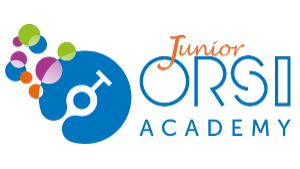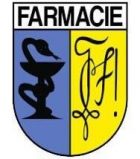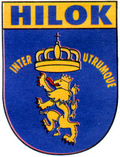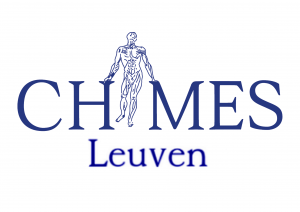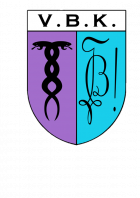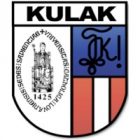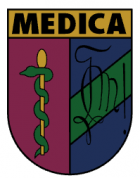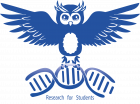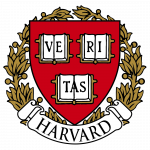
Junior Orsi Fellowships

Eligibility Application
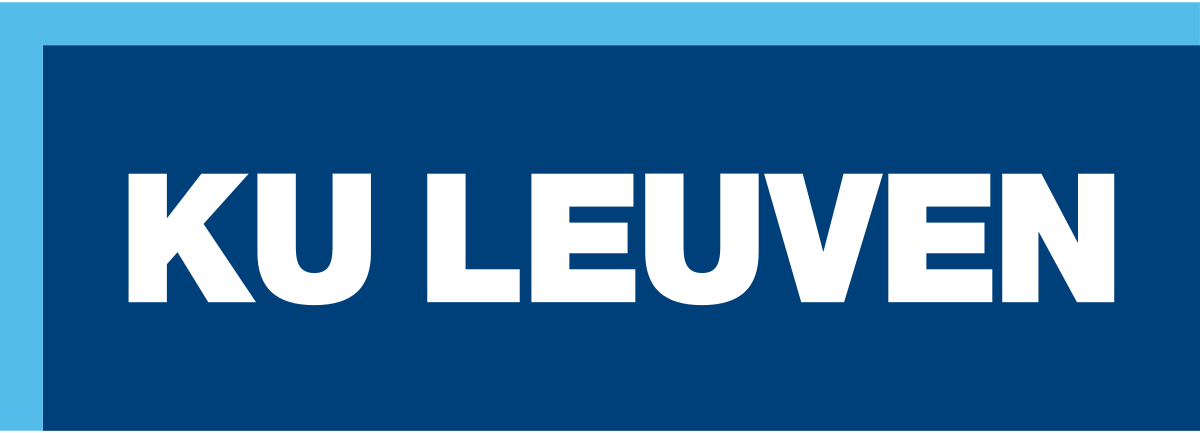
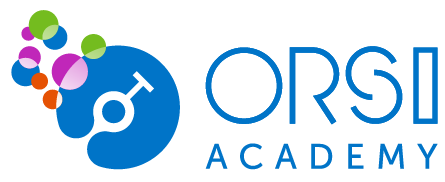


Research Groups
Below are our partnering Research Groups for which you can apply. They each hold high international prestige and are pioneers in their field. As Junior Orsi stands to advance medical innovation, each Junior Orsi Research Fellowship is connected to improving healthcare globally. We also encourage applicants to propose their own laboratory that aligns more closely with their specific interests. More specific information about the research groups will be given after application.
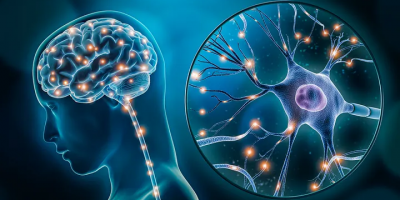
Neurobiology
Investigating the mechanisms of synaptic and circuit plasticity in the developing and mature mammalian central nervous system, particularly focusing on the thalamus’s role in sensory processing. Leveraging range of techniques, including electrophysiology, optical imaging, and genetic tools, to study how these mechanisms regulate synaptic circuits in the visual system.
Highly motivated and organized trainee with excellent interpersonal skills, strong quantitative skills and work ethic. Trainees will participate in in vitro or in vivo electrophysiology or optical imaging experiments, behavioral studies or connectomics. A strong academic background in math, physics and optics, computer science, engineering, neurobiology or biology is required. Experience with computer programming is highly preferred. Previous experience in animal surgeries, electrophysiology, image analysis or two-photon imaging are an added plus.
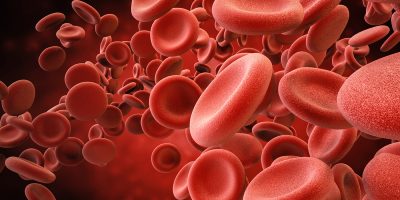
Cardiology
The laboratory studies the genetic determinants of blood cell ontogeny and disease, leveraging therapeutic genome editing.
Degrees: Medicine, Biology, Chemistry
Phase: starting Master’s Degree at least in Sep 2025.
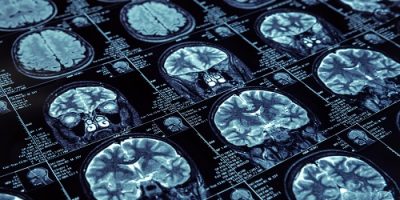
Radiology
Developing novel devices for radiation therapy using XR, nanoparticles and image-guided radiation.
Degrees: Biology, Chemistry, Physics, Engineering, Pharmaceutical Sciences
Phase of education: BSc ongoing/completed
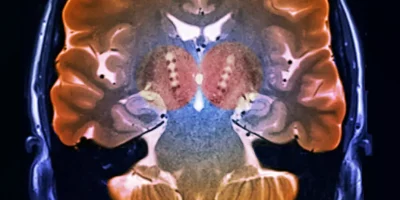
Radiation Oncology
Modeling biology and dosimetry for radiopharmaceutical therapy and, in general, radiotherapy treatment.
Ideally the candidate should be proficient in programming, with some notions of image processing. Familiarity with anatomy and physiological processes is also preferred.
Degrees: Biology, Chemistry, Physics, Engineering
Phase of education: BSc ongoing/completed.
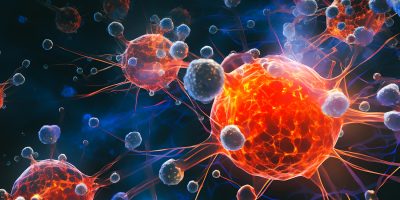
Immunology
Focus on the immune system’s response to infections and cancer, focusing on the mechanisms of cytotoxic T lymphocyte and NK cell-mediated killing, including novel pathways like pyroptosis. Uncovering key processes by which immune cells destroy pathogens and cancer cells, and how these pathways can be manipulated for therapeutic purposes. Developing RNA interference-based therapies to target specific genes in immune cells and cancer, advancing treatment strategies for various diseases.
Degrees: Medicine, Biology, Chemistry
Phase of education: BSc to be completed by June 2024 or further.
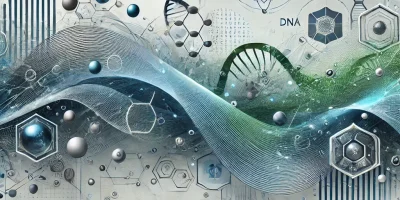
Propose your own lab!
We highly encourage applicants to propose their own laboratory that aligns more closely with their specific interests at Harvard or MIT. The proposed topic should be based around healthcare, but can come from any background such as economics, engineering, computer science, … The student should have his/her own agreement with this research group and show us confirmation before the 15th of November 2024.
Any student at a European university with an eligible degree in an eligible phase (see below).
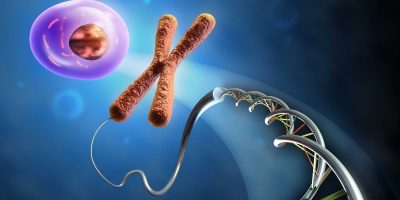
Chemical Biology
Development of collagen mimetic peptides for therapeutic and diagnostic applications.
Scientific Degree
BSc ongoing or further
Supporting societies
